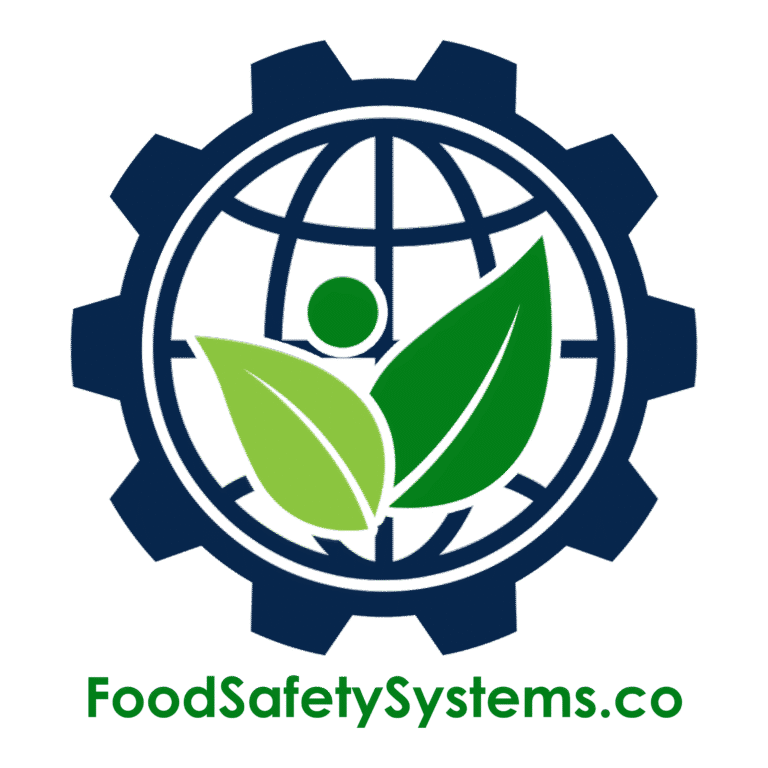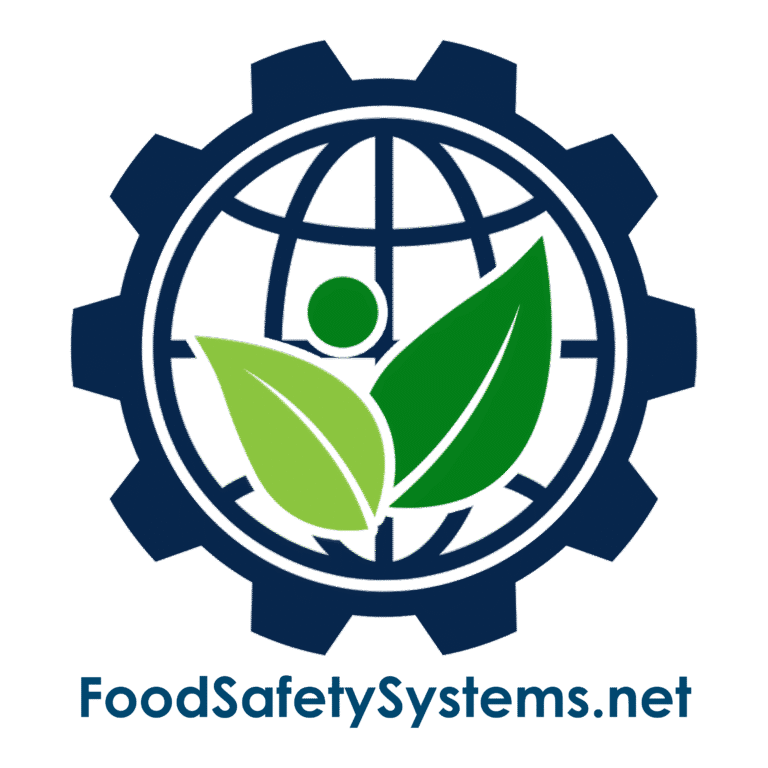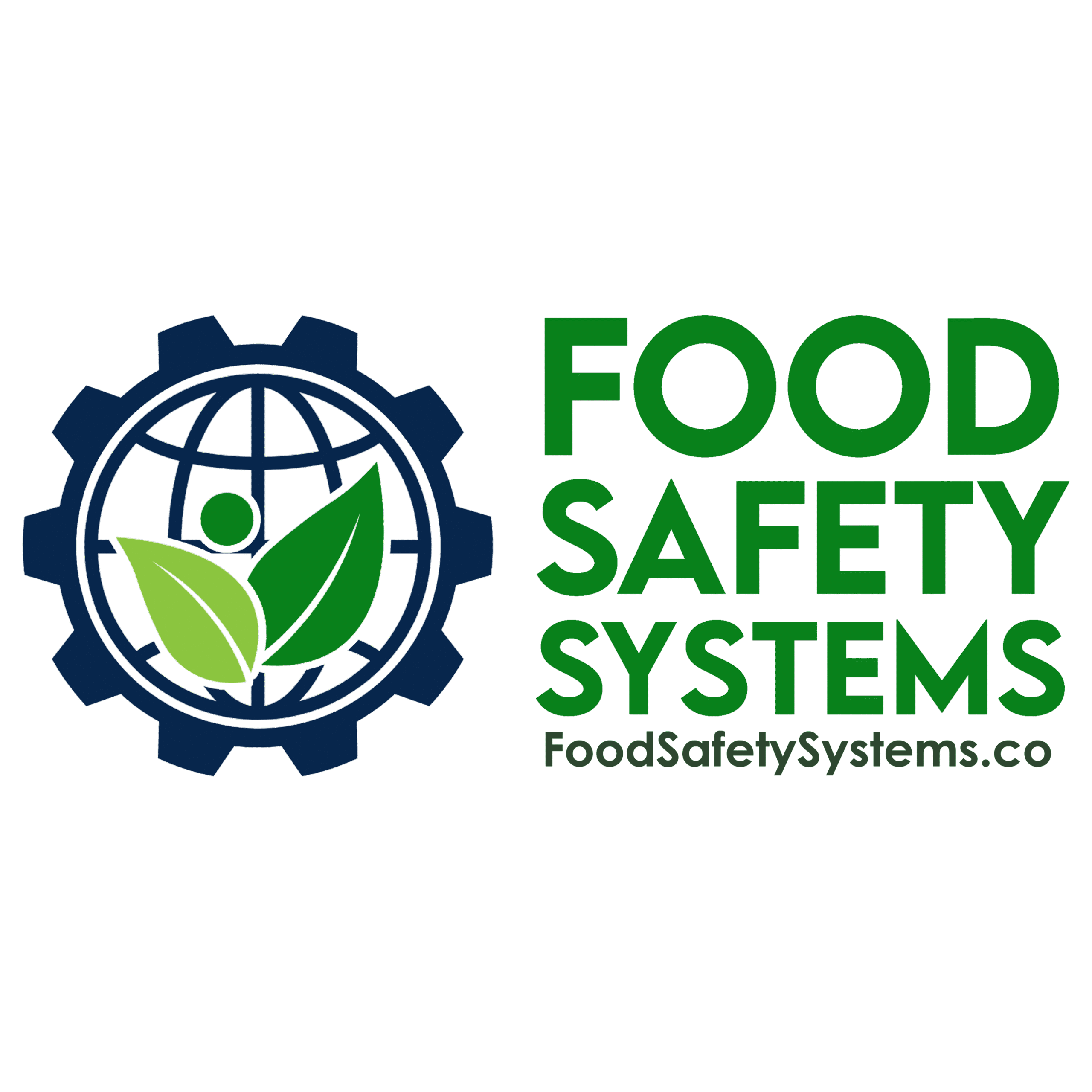Training & Competence

Aligned with FSSC 22000 Requirements
Requirement Overview
FSSC 22000 requires that all personnel performing tasks that affect product safety, legality, and quality are demonstrably competent, appropriately trained, and regularly assessed.
The aim is to ensure that every employee, from front-line operators to supervisors and managers, understands their food safety responsibilities and is equipped to perform their duties correctly, consistently, and confidently.
Aligned with BRCGS for Storage & Distribution Issue 4 – Clause 4.3.1 & 4.3.3
Requirement Overview
BRCGS for Storage & Distribution requires that products moved via cross-docking are traceable and controlled at all times, even when they are not held in storage for extended periods.
Clause 4.3.1: “The company shall ensure that traceability is maintained at all stages, including during cross-docking operations.”
Clause 4.3.3: “Procedures shall be in place to ensure that all products handled, including those not stored on-site, remain under control and are not subject to contamination or substitution.”
Cross-docking operations must not compromise product traceability, safety, or integrity. Even with minimal handling and temporary presence, each product must be accurately identified, documented, and protected.

Key Compliance Objectives
-
✓ Ensure all personnel are competent in their assigned food safety and quality roles
✓ Maintain up-to-date training records
✓ Verify the effectiveness of training through assessments and observations
✓ Develop a continuous training and skills development program
Step-by-Step Compliance Implementation
1. Develop a Documented Training Procedure
-
Your procedure should include:
-
• Identification of training needs by job function
• Training delivery methods (on-the-job, classroom, online)
• Assessment of competency
• Assignment of responsibilities for training
Evidence to Maintain:
-
• Training procedure (SOP)
• Training matrix by job role
• Records of designated trainers and qualifications
- • Identification of training needs by job function • Training delivery methods (on-the-job, classroom, online) • Assessment of competency • Assignment of responsibilities for training
- • Training procedure (SOP) • Training matrix by job role • Records of designated trainers and qualifications
2. Deliver Training at Key Intervals
-
Training Must Be Provided:
-
• At induction (before starting work)
• When job roles change
• When procedures, processes, or equipment are updated
• At scheduled refresher intervals
Evidence to Maintain:
-
• Induction training logs
• Refresher training calendar
• Updated training materials and attendance sheets
- • At induction (before starting work) • When job roles change • When procedures, processes, or equipment are updated • At scheduled refresher intervals
- • Induction training logs • Refresher training calendar • Updated training materials and attendance sheets
3. Assess Competency
-
Assessment Methods:
-
• Written or verbal quizzes
• Supervisor observations
• Practical demonstrations of task execution
• Post-training verification activities
Evidence to Maintain:
-
• Completed quizzes or observation checklists
• Signed competency validation forms
• Records of retraining if gaps are found
- • Written or verbal quizzes • Supervisor observations • Practical demonstrations of task execution • Post-training verification activities
- • Completed quizzes or observation checklists • Signed competency validation forms • Records of retraining if gaps are found
4. Maintain Training Records and Monitor Effectiveness
-
Record-Keeping Requirements:
-
• Training must be documented, signed, and dated
• Records must include the trainer’s and trainee’s names
• Records must be available for audit and reviewed for gaps
Evidence to Maintain:
-
• Centralized training log
• Training file for each employee
• Internal training audits and summaries
- • Training must be documented, signed, and dated • Records must include the trainer’s and trainee’s names • Records must be available for audit and reviewed for gaps
- • Centralized training log • Training file for each employee • Internal training audits and summaries
Common Audit Findings & Recommended Fixes
| Audit Finding | Recommended Action |
|---|---|
| Incomplete or missing training records | Standardize training forms and digital logs |
| No formal training plan by job role | Create a role-based training matrix |
| Staff unaware of food safety responsibilities | Increase frequency of refresher and job-specific training |
| Training not assessed for effectiveness | Use post-training quizzes and supervisor sign-off checklists |
Auditor Verification Checklist
During an FSSC 22000 audit, expect to show:
-
• Documented training procedure and matrix
• Employee training and competency records
• Evidence of refresher training and job-specific updates
• Competency assessments and improvement actions
Implementation Roadmap
Build Your Training System
-
✓ Create a training SOP and assign responsibility
✓ Develop job role-specific training plans
Train and Validate
-
✓ Conduct formal induction and ongoing training
✓ Assess understanding through testing and observation
Monitor and Improve
-
✓ Review training records regularly
✓ Conduct internal audits of training effectiveness
Retain and Review
-
✓ Maintain detailed training logs
✓ Update plans based on changes in products, roles, or procedures
Why This Matters?
-
✓ Ensures employees are qualified to protect food safety and quality
✓ Reduces risk of operator errors or non-conformities
✓ Strengthens audit readiness and team confidence
✓ Supports a culture of learning and accountability
Support Tools Available
Food Safety Systems provides:
-
✓ Training SOP templates
✓ Competency assessment forms
✓ Role-based training matrices
✓ Digital training logbooks and refresher trackers
Privacy Policy | Terms of Service
Powered by interlinkIQ.com, Developed by ITBlaster.net, Owned and Operated by Consultare Inc. Group, A Compliance Company. All Rights Reserved.







